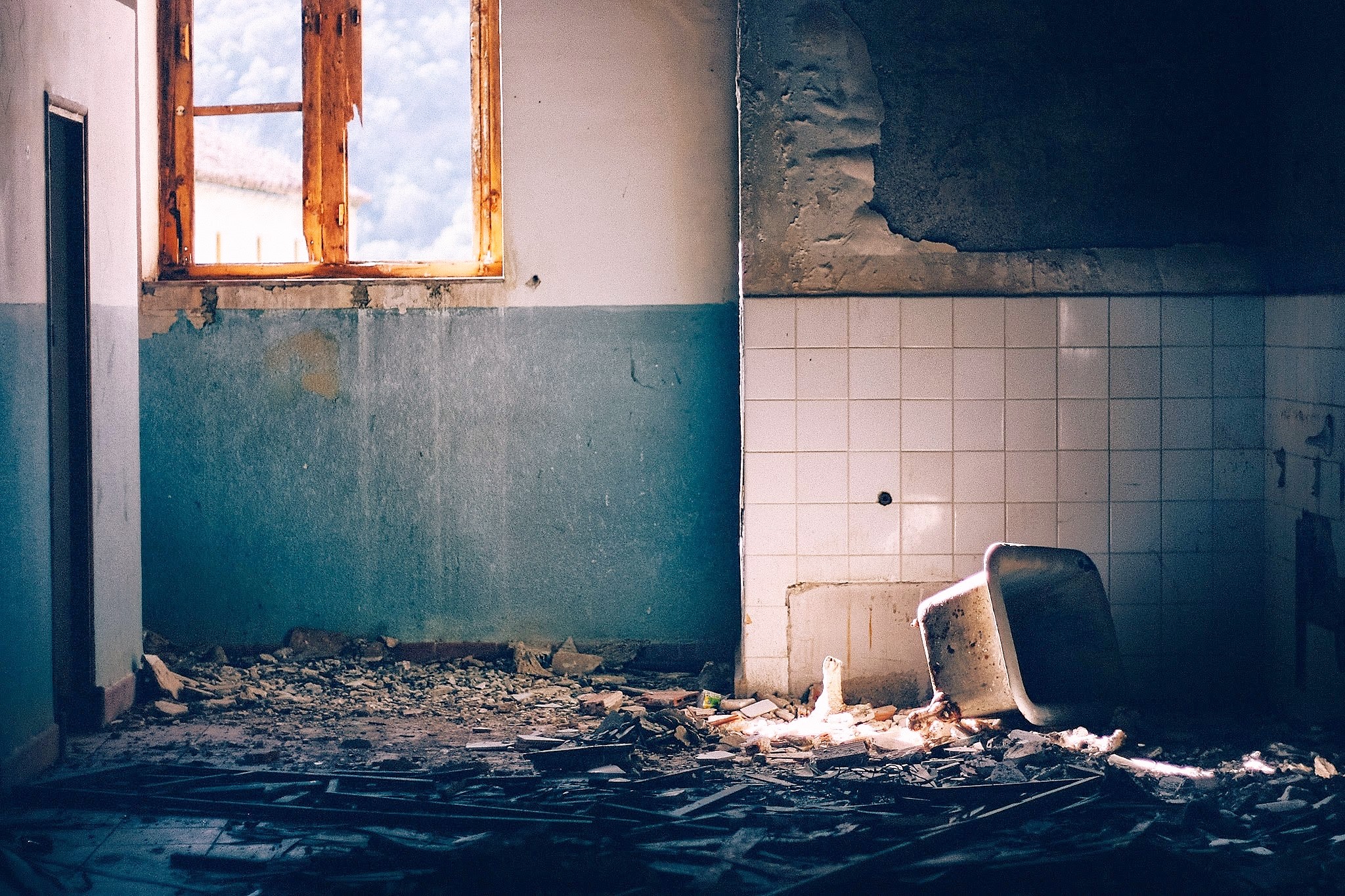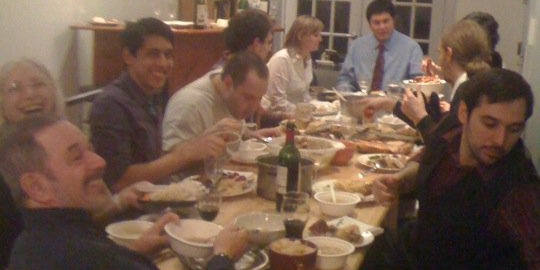Remedies
By James Seals
This morning I almost consumed the wrong medicine. In my pre-dawn drowsiness, my eyes failed to distinguish between bottles – ibuprofen, sleeping capsules, allergy pills – but luckily my hands remembered and recognized the incorrect bottle lids. I must take a 180 milligram dose of antihistamine twice a day to manage my inducible urticaria: pressure triggered hives.
During my master’s program, my skin became sensitive to everything: friction, sweating, cold, heat, sunlight, water. I had to visit a dermatologist, who explained to me that anxiety, pressure, strain (e.g., the stress of my MFA program) could trigger my symptoms, and I might have to live with hives for the rest of my life.
I sat there, taken aback at the prospect of having to spend at least $50 every two weeks on medicine, at the prospect of having to forgo participation in physical activities, and at the prospect of having to explain to my high school students, No, the rash on my neck is not a hickey, for the rest of my life.
“As my mother aged, her anxiety became more of an issue. She developed this nervous habit of ingesting pills right along with her intended patient.”
I was saddened to be entwined in America's love affair of prescription drugs. In an August 3, 2017 Consumer Report article, Teresa Carr revealed that more than half of the population of the United States took prescription pills (four tablets of some sort) each day and that $200 billion per year was spent on unnecessary procedures and improper treatments. That declaration both alarmed me and made me laugh. It alarmed me because our healthcare industry is out of control. It made me laugh because this statement reminded me of my Filipino mother.
My mother might have caused the initial spike in the 1980s, which so alarmed those studying the increased use of prescriptions in the United States. My mother acted as family shaman, healer, witch doctor. She grew Johnny-jump-up, Feverfew, St. John's Wort, and other houseplants for medicinal purposes. Our poor Aloe Vera had been broken, scarred, and sliced as she attempted to repair her children’s rips, tears, and minor abrasions. She also believed in overmedicating her kids.
The very moment she heard a throat clear, my mother would be reaching for the purple stuff—dark berry-colored cough syrup she filled a clear-plastic measuring cup to the brim with, before hustling to the ailing person’s side. She made my siblings and me shoot multiple shots of this medicine even when none of us showed signs of illness. Because of her quick draw, my sisters and I often hid in our dark, musty closets the moment we heard our mother’s medicine cabinet click open. At Filipino parties, at the park, or in the car, Mother toted a white, plastic bag filled with multicolored liquids and chalky pills—just in case someone needed saving. My older sister and I called her bag the rainstick because every time it tumbled from a chair to the floor, the pills made the sound of a gathering thunderstorm.
It stormed a lot throughout my childhood.
As my mother aged, her anxiety became more of an issue. She developed this nervous habit of ingesting pills right along with her intended patient. She seemed to believe that the more she swallowed her elixir, the better her chances of thwarting any illness. So, instead of just watching me take shot after shot of the viscous, purple syrup, I would watch, wide-eyed and with an open mouth, as Mother threw back three or four shots herself before making me drink.
When we were young, my older sister and I began to take advantage of our mother’s growing obsession, especially when Benadryl became her lifesaving antidote. We began to fake illnesses on Friday mornings, in hopes of having another three-day weekend. Cindy coughed or I cleared my throat, and then we waited for the carpet-muffled footfalls of our mother dashing up the stairs, bottle already in hand. She would match us shot for shot, and it didn’t take but two or three to sedate my four-feet-eleven-inch Filipino mother, and after she fell asleep after 20 minutes or so, Cindy and I would just skip our bus—there being no one to force us to go.
*
In that same Consumer Report article describing America’s prescription love affair, Teresa Carr also quotes a doctor who stated, “many Americans—and their physicians—have come to think that every symptom, every hint of disease, requires a drug.” I disagreed with this because when time came for my mother to receive her much-needed treatment for an irritation that started in her foot then traveled to her brain, no doctor provided her with any purple syrup or chalky pills or some other form of help.
In early 2000, my mother had a tingling sensation at the bottom of her left foot. After suffering with it for two years, she finally went in for an examination. The doctors told her that the tingling was nothing more than a invention of her imagination. And when it moved to her hip, then arm, they again told her she was making it up. My mother soon developed vertigo, could no longer drive, and lost the enthusiasm for the life that she had exhibited each day when my sisters and I were kids. Her inability to move meant she could no longer grow her remedies, conjure cures, which meant she felt useless to her children. Mother lost her status as shaman. She didn’t believe she would be healed. And she didn’t know which doctor to turn to. So, she had people pack her bags, sell her house, and fly her to the Philippines, where she chose to waste away—Parkinson’s disease.
I have considered purchasing a pill box to ensure I take the correct medications. Still, so far, I have avoided buying one. Those clear, little cases remind me of old people, reminds me that I am starting to age. But I think the real reason I haven’t bought one yet is because it cannot replace my mother—my mother the shaman, the healer, the witch doctor—the only person who knew the recipes to the old remedies, the ones I now miss taking every day.
James Seals is a graduate of The Mountainview Low Residency MFA in Fiction and Nonfiction.




![IMG_3194 (2)[10169].jpg](https://images.squarespace-cdn.com/content/v1/543d9b11e4b0847bb28295dc/1540004690608-QRV6V8P2D0RL3OZRMRQ7/IMG_3194+%282%29%5B10169%5D.jpg)





